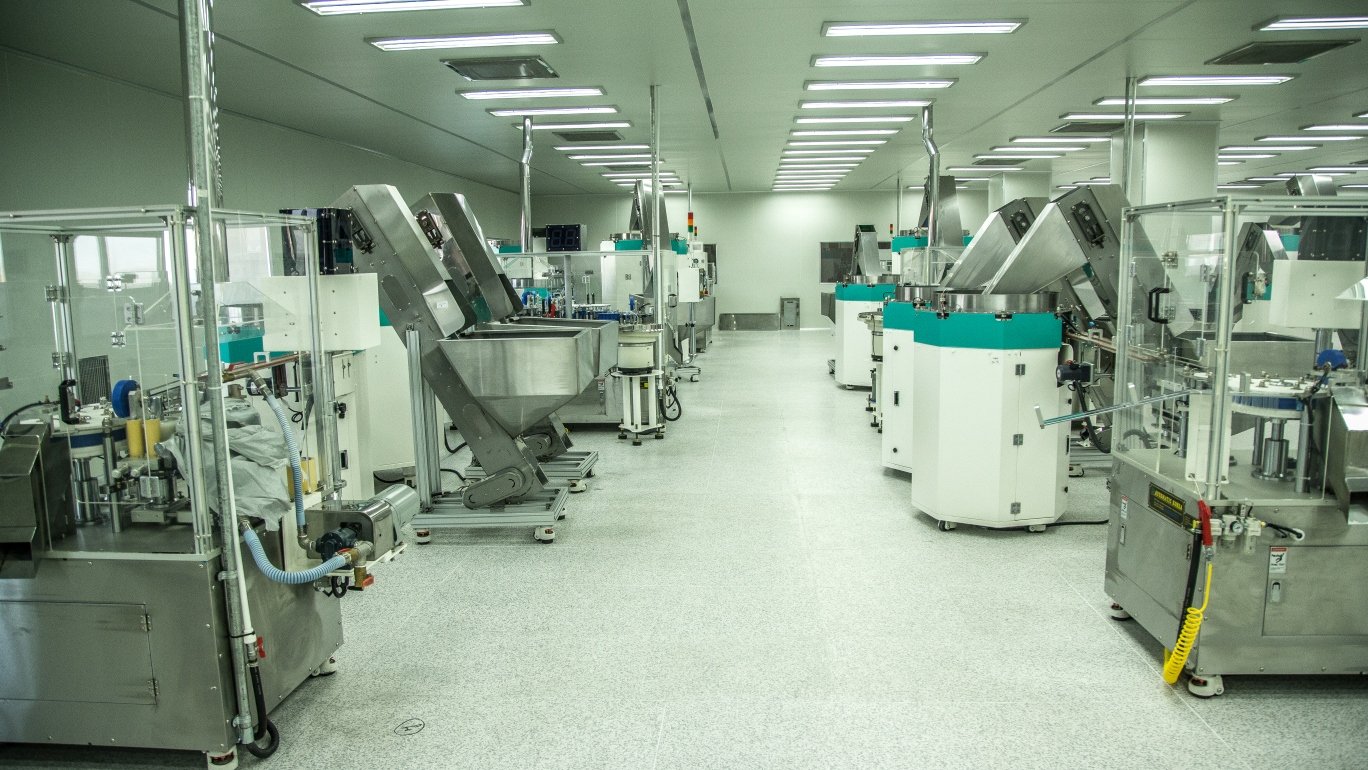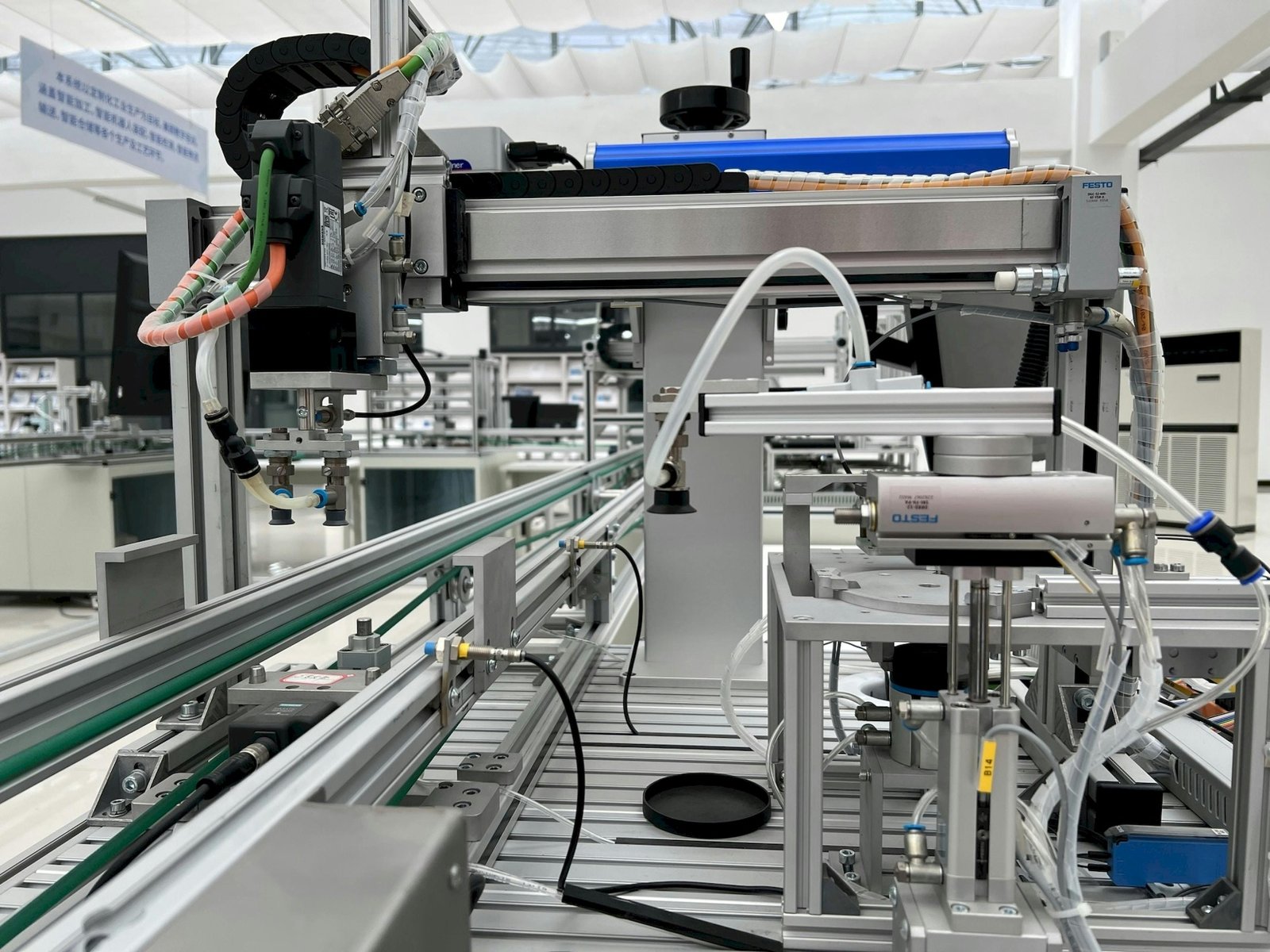How Often Should You Conduct GMP Refresher Training?
Good Manufacturing Practice (GMP) isn’t a “train once and forget” system.
As products, processes, and regulations evolve, refresher training becomes essential to keeping your team sharp, compliant, and audit-ready.
But how often should GMP refresher training actually happen?
👉 The answer depends on your industry, risk level, and regulatory expectations.
Let’s break it down.
✅ Why Is GMP Refresher Training Important?
-
Reinforces core principles of hygiene, documentation, and compliance
-
Reduces the risk of human error in production and handling
-
Ensures new regulations or SOP updates are communicated
-
Helps maintain audit readiness and certification requirements
-
Boosts staff accountability and food safety culture
-
Often required by:
-
ISO 22000 / FSSC 22000
-
GMP certification bodies
-
NPRA / Ministry of Health (Malaysia)
-
🕒 Recommended Frequency of GMP Refresher Training
📅 At Least Once a Year (Minimum Standard)
-
Most certification schemes (e.g., GMP, ISO, HACCP) recommend annual refresher training
-
Common for:
-
General production staff
-
Warehouse and logistics teams
-
QA/QC officers
-
📆 Every 6 Months (Higher-Risk Operations)
-
Suitable for:
-
Facilities handling high-risk products (e.g., infant food, supplements)
-
Environments with frequent staff turnover
-
Sites with recent non-conformities or audit findings
-
🛠️ After Major Changes
-
Immediately required when there are:
-
New equipment or machinery introduced
-
Updated SOPs or work instructions
-
Changes in regulations or product lines
-
❗ After Incidents or Recalls
-
Triggered by:
-
Contamination incidents
-
Customer complaints related to hygiene or process failures
-
Deviations identified during internal or external audits
-
📁 Topics to Cover in GMP Refresher Training
-
Personal hygiene and gowning procedures
-
Cross-contamination prevention
-
Equipment and facility cleanliness
-
Correct recordkeeping and documentation
-
Pest control awareness
-
Material handling and storage requirements
-
Cleaning and sanitation SOPs
-
Change control and deviation management
-
Food fraud and food defense basics (if applicable)
📊 Best Practices for Effective Refresher Training
✅ Keep It Interactive
-
Use real-life examples, quizzes, or case studies
-
Encourage discussion and feedback from staff
✅ Track Attendance and Results
-
Maintain signed attendance sheets
-
Conduct knowledge checks or assessments
-
Document training outcomes for audit evidence
✅ Tailor Content to Job Roles
-
Line operators: practical SOP training
-
Supervisors: monitoring and verification focus
-
Warehouse staff: storage, labeling, and FIFO compliance
✅ Use Multiple Formats
-
In-person sessions
-
Digital or video-based modules
-
On-the-job coaching and toolbox talks
🧠 Signs Your Team May Need Refresher Training Sooner
-
Repeated minor non-conformances during internal audits
-
Confusion over procedures during daily operations
-
New hires learning from outdated SOPs
-
Frequent GMP violations or complaints
📌 Final Thoughts
GMP refresher training isn’t just a box to tick — it’s a key part of building a culture of compliance and quality.
✅ Minimum: once per year
✅ Better: every 6 months or after changes/incidents
✅ Best: customized based on risk and staff roles
The more your team understands GMP, the fewer mistakes they’ll make — and the stronger your food safety system will be.
💼 Need help planning or conducting GMP refresher training for your factory team?
At CAYS Scientific, we provide customized training programs for Malaysian SMEs, covering GMP, HACCP, ISO 22000, and FSSC 22000, in both English and Bahasa Malaysia.
📞 Let’s build a compliant, confident team — together.




